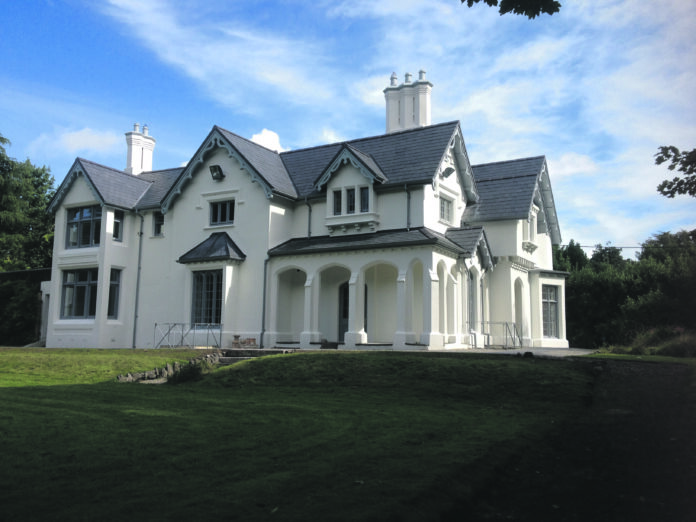
SENDING children to private secondary schools in Limerick in 2024 is costing families thousands of euro more than last year as rising inflation takes its toll on fees.
For the first time ever, it will now cost over €10,000 in day fees to send a child to Ireland’s most expensive private school, St Columba’s, Rathfarnam.
However, fees have also risen for students locally attending Glenstal Abbey School in Murroe, County Limerick, as well as at Villiers School on the North Circular Road in Limerick City.
Day boarding fees at Glenstal have risen by almost €2,000 in the past two years, increasing to €13,462 from €12,333 in 2023, and €11,500 in 2022.
Day fees have jumped at Villiers School from €3,950 (2022) to €4,400 (2023) and €4,600 (2024).
Day fees in private schools are for tuition only, however day boarder fees routinely include tuition, evening study, meals, and a handful of overnight stays annually.
Glenstal is charging €21,704 for “full boarding” for Irish students in 2024. The full boarding fee rises to almost €23,000 for EU and UK residents, and €26,204 for students outside the EU and UK.
At Villiers, five-day boarding costs €10,800 for the year, climbing to €18,400 for seven-day boarding.
Day students who want to avail of lunch for the 2024 year can pay an optional extra fee of almost €1,000.
Any new families attending must also pay a once off €500 “building levy”.
Private schools nationally have said inflation and a lack of government funding has attributed to the increase in fees.
Both Glenstal and Villiers were contacted for comment but did not respond at the time of going to print.
According to the Irish Independent, private school fees have increased by up to 17 per cent across the sector as schools are hit by the rising cost of energy and food bills.
Labour Party spokesperson on education Aodhán Ó Ríordáin that “we really have to break the toxic cultural assumption that education means money and putting your hand in your pocket”.
Private school principals said they felt the payments represented value for money for children’s education.
Earlier this year, figures released by the Department of Education showed €128million funding from the State last year to private schools. This funding pays teachers’ salaries and special needs assistants. However, the State does not pay capitation funding, which voluntary schools receive based on the number of children in school. The fee is intended to contribute towards the daily running costs of schools, such as heating, lighting, cleaning, and insurance.


